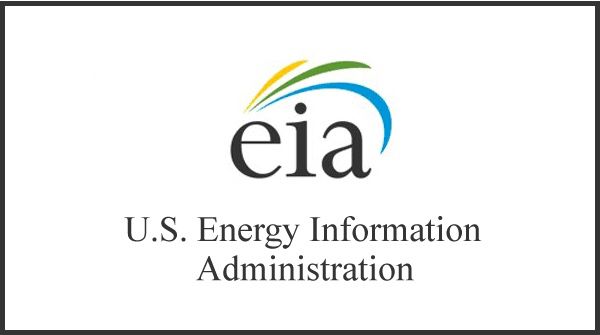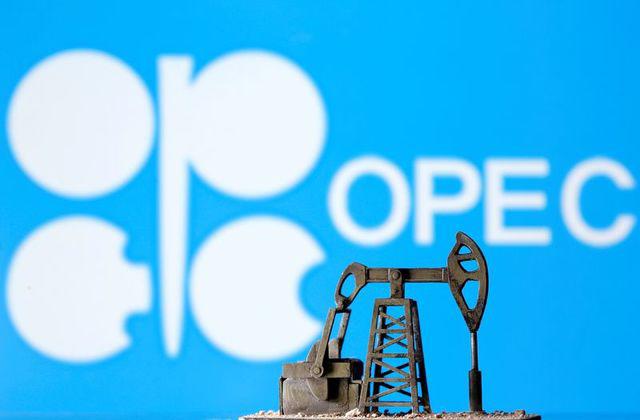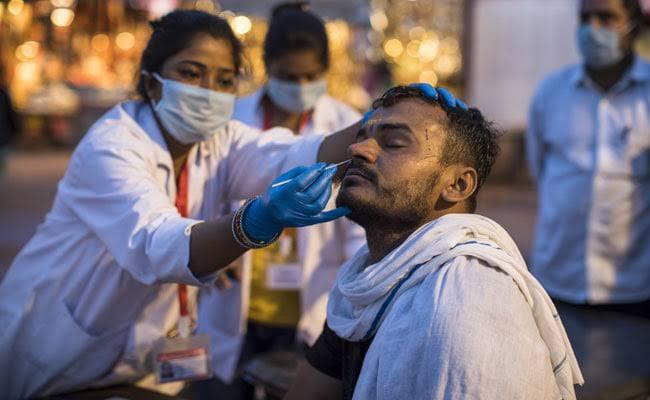The Director-General of the Ghanaian Petroleum Regulator, Egbert Faibille Jr, revealed that the COVID-19 pandemic has caused a shortfall of $1.04 billion for Ghana.
Exploration is said to be the most affected branch of the oil sector as activities have been suspended to help curb that spread of the virus.
This was disclosed by the DG in a virtual conference organised by the African Centre for Energy Policy (ACEP). He attributed the loss to the fall in global demand, the low oil prices and the little or no activity in the upstream.
He said the preliminary analysis of the impact of the pandemic on the economy indicated a drop in the GDP rate from 2.6% to 6.8% by the end of the year. Even though oil production is still on-going, the forecasts for the year have been affected, noting the postponement of the development of the Pecan field as one of the causes.
The regulator suggested that companies should consider investing in technologies that will enable its staff work remotely to keep the activities of the industry running because the reduction in exploration all over the world has already resulted in several job losses.
He noted that the last cycle of licenses has attracted many investors who visited the data room. Potential investors await negotiation periods to acquire licenses for the blocks but the process has been on hold due to the global pandemic.
He said, “The pandemic risks delaying the country’s second cycle of licensing because the government is prioritizing the management of the national impact of the virus and is waiting for investment conditions to improve.”
In other news, Ghana has produced 392 million barrels of oil since it started extensive commercial production in November 2010. The Jubilee field delivered 284,016,968 barrels from November 28, 2010, to January 31 2020.
The average production in January 2020 for each of the fields in the country were 63,839 barrels of oil per day for Jubilee, 52,300 barrels of oil per day for TEN and 55,2979 barrels of oil per day for Sankofa.



